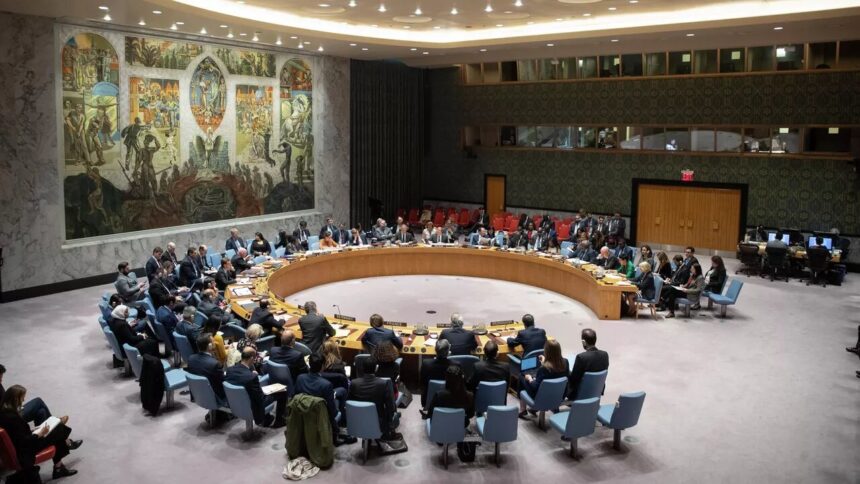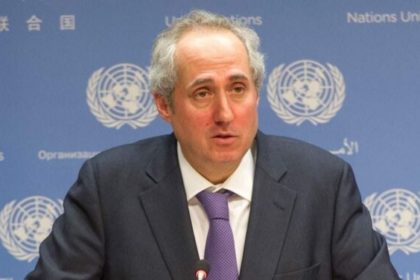RASC News Agency: The United Nations Security Council (UNSC) is set to convene on Monday, February 10, to deliberate on the escalating threats posed by ISIS in Afghanistan and the broader region. The session will assess a report prepared by UN Secretary-General Antonio Guterres, which outlines the security risks associated with ISIS’s operations. The report was distributed to Security Council members on Friday, January 31. According to the report, ISIS’s Afghanistani affiliate remains a formidable threat, both domestically and internationally. The group continues to maintain a vast propaganda network and retains access to substantial financial reserves. Estimates indicate that ISIS holds approximately $10 million in liquid assets across Iraq and Syria alone.
The report also references the recent ISIS-orchestrated suicide bombing in Kabul, which resulted in the death of Khalil-ur-Rahman Haqqani, the Taliban’s Minister for Refugees. Analysts suggest that this attack was likely aimed at undermining the Taliban’s claims of maintaining security within Afghanistan. Haqqani was killed on December 11, 2024, in an explosion at the Ministry of Refugees building in Kabul an attack for which ISIS claimed responsibility. Independent international assessments indicate that numerous terrorist groups currently operate within Afghanistan under the Taliban’s direct control. These groups reportedly receive financial and political backing from the Taliban-led administration and are actively engaged in training and recruitment for future conflicts.
This volatile security landscape has heightened concerns among regional and global stakeholders, particularly Afghanistan’s immediate neighbors. While some countries have opted for strategic engagement with the Taliban to closely monitor their actions, others most notably Tajikistan and Pakistan have dismissed any prospects of diplomatic compromise, asserting that attempts to control the group through negotiation are both unrealistic and ineffective.






